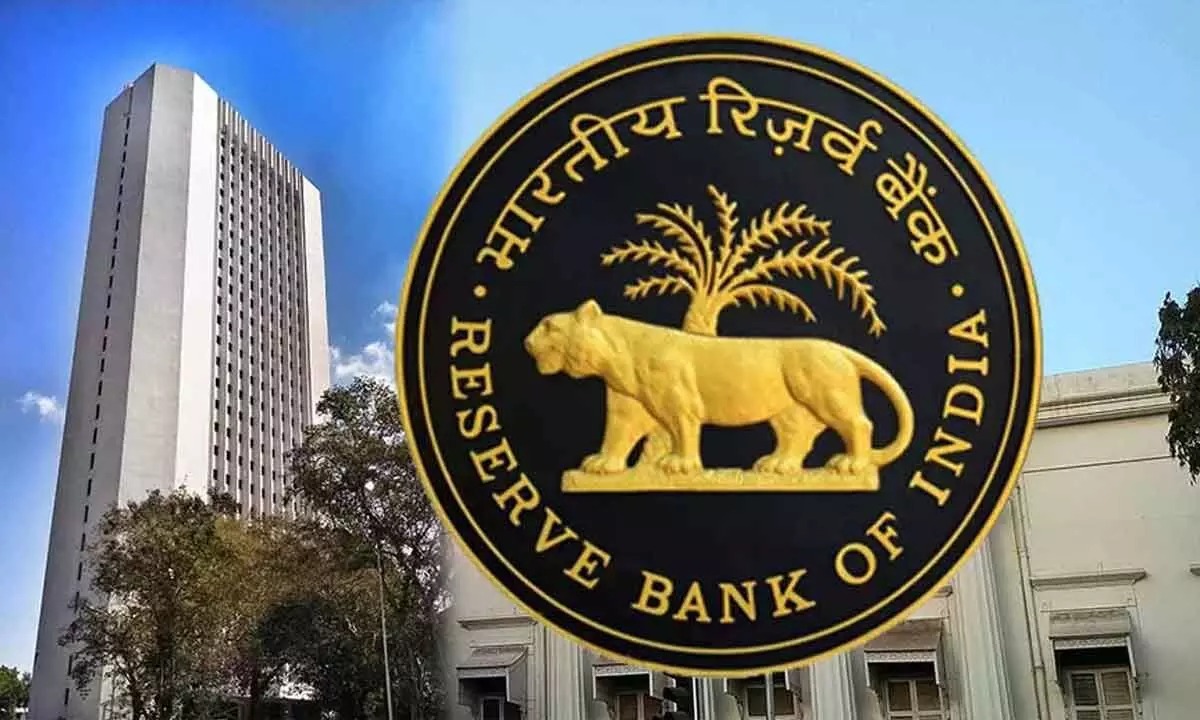The Reserve Bank of India (RBI) has introduced a paradigm shift towards more transparency and accountability in its regulatory approach by unveiling a consultative model which places stakeholder consultation and public oversight at the core of rule-making.
Highlights:
-
Public Consultation Window: For any new regulation, the RBI will now place draft guidelines on its website and invite comments from stakeholders and the public, allowing a minimum of 21 days for feedback. This step guarantees that industry voices, experts, and citizens have an opportunity to shape policy before it is legislated.
-
Mandatory Impact Analysis: The RBI shall carry out an impact analysis of any regulation prior to finalization in order to understand the likely effects on the financial ecosystem. This is intended to make rules practical, effective, and in sync with market realities.
-
Periodic Review of Existing Rules: The RBI is dedicated to periodically reviewing and renewing existing rules, considering global best practices, court decisions, and evolving economic realities in order to keep the regulatory framework up-to-date and effective.
-
Exceptions for Confidentiality: The framework permits the RBI to exempt public consultation where confidentiality is paramount or in instances where procedure changes do not reflect a change in substance.
-
Alignment with Global Standards: This initiative brings RBI’s regulatory practices in line with international norms, boosting investor confidence and strengthening the credibility of India’s financial system.
-
Sector-Wide Impact: The move is expected to foster more robust, adaptive, and widely accepted regulations, bridging the gap between policymakers and stakeholders across banks, fintechs, and the broader financial sector.
This open, consultative style is a paradigm shift in Indian financial regulation, holding out the promise of a more inclusive and responsible future.
Sources: Economic Times, Reuters, Angel One
